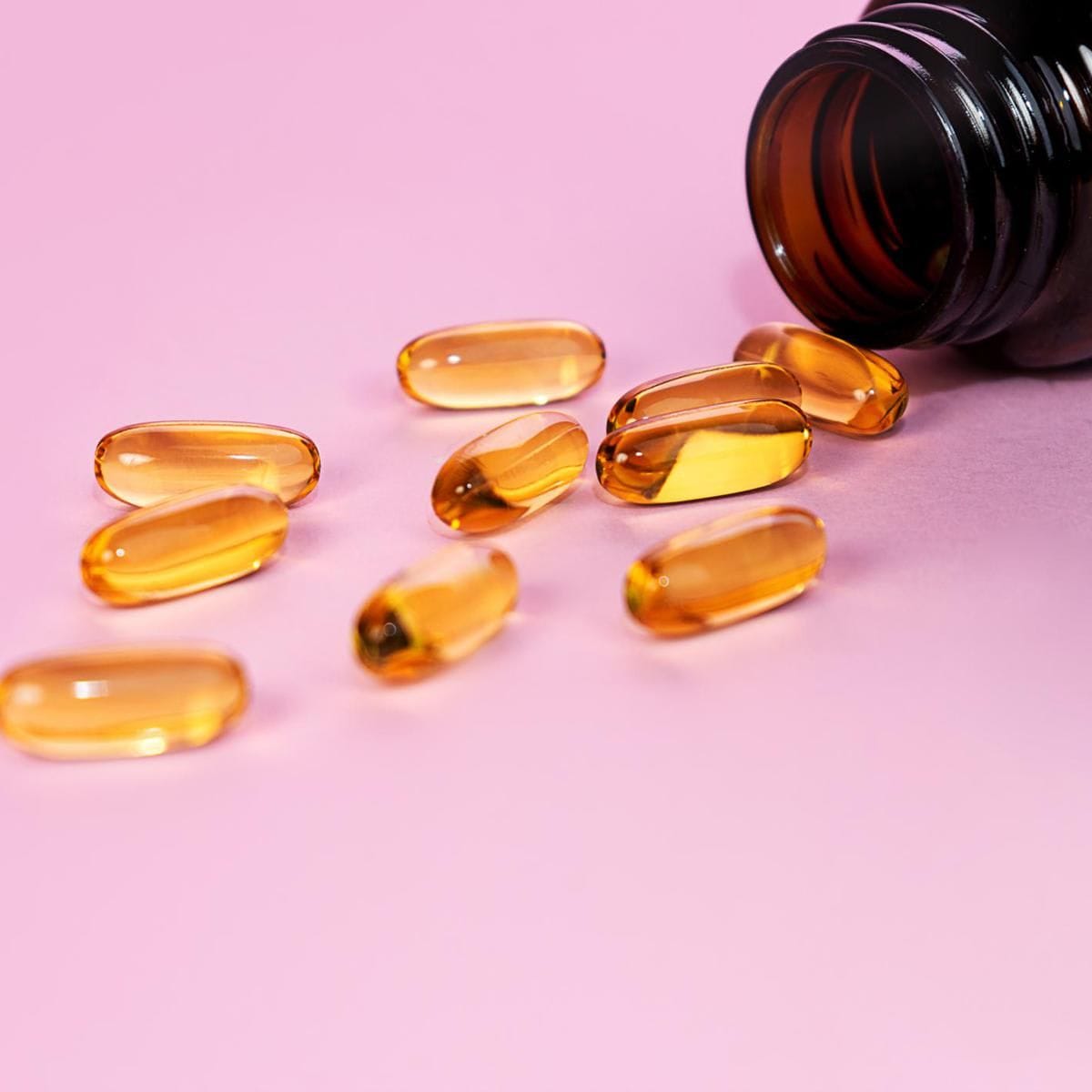Vitamin D is a vital nutrient, which we obtain almost entirely from sunlight. But recent medical studies reveal a silent epidemic of deficiency worldwide. This is alarming, because its lack is linked to a range of disorders, especially those affecting bone development and strength.
What is happening? Since the incidence is higher in industrialized countries, experts put much of the blame on lifestyle factors. During the Gebro Health Talks, organized by Gebro Pharma laboratories, Dr. Josep Blanch, president of the Spanish Society for Bone and Mineral Metabolism Research, cited high pollution in cities, certain medicines and a diet poor in Vitamin D rich foods, as well as the part played by age and skin type.
How do you know if you lack Vitamin D?
Tiredness, low mood, anxiety, muscle weakness, insomnia, cravings for sweets, tooth decay and gingivitis can all be symptoms.
Vitamin D is actually a provitamin that is involved in a multitude of processes in the human organism. Among them, the one that stands out most is its role in the phosphorus and calcium system, a vital part of the development and maintenance of bones. It favors the absorption of calcium from the digestive tract and its correct deposition in the bones.
Lack of Vitamin D has been linked to a wide variety of health issues such as autoimmune disease, cancer, metabolic and cardiovascular disorders; however, the most important relate to the musculoskeletal system. During children’s development, the absence of vitamin D prevents the solidification of bones.
“Eventually these bones end up weakening and curving, producing what is known as rickets. In adults, the lack of correct mineralization of the bones is known as osteomalacia, which is associated with greater fragility,” explains Rosana Rouco Esteves, of Sanitas CIMA Hospital’s Internal Medicine Department.
Vitamin D testing
The surest way to discover a lack of this nutrient is a blood test to determine its concentration in the blood plasma. Generally, a normal level is accepted as 25[OH]D ng/ml; insufficient between 30-20 ng/ml; and deficient <20 ng=1>
Dietary sources
Although the main source of vitamin D is the sun (90%), and only a small part comes from the diet (10%), experts agree that it is useful regularly to eat foods containing it.
The main nutritional sources are fatty acids in sea fish such as salmon, tuna, mackerel and sardines. It is also present in seafood, egg yolk, butter, liver and other offal, cheese and whole dairy products.
It is recommended that we eat:
- Cooked oily fish: once or twice a week.
- Liver once a week (not recommended for pregnant women).
- Dairy products: twice a week.
- Eggs: twice or three times a week.
Another good option is to include foods which have been fortified by the manufacturer with Vitamin D; the most common are milk, butter, margarine and breakfast cereals.
In case of deficiency, supplements can be used (only under medical supervision).
Note that caffeine can interfere with Vitamin D absorption, so it is advisable to cut down on coffee, tea or other caffeinated beverages.
Sunbathing
Of course, sunshine is an excellent source of Vitamin D. According to dermatology expert Agustín Buendía, to get a good dose without the health risks associated with too much sun exposure, you should:
- Sunbathe in the early morning hours (before 11 am).
- Avoid exposure in the middle of the day (12 to 4pm).
- Wear appropriate clothing, hats and sunglasses.
- Use broad-spectrum sunscreens (UVA and UVB), and a high SPF (at least factor 30).
Disclaimer: This information is for general knowledge only and should not be used in place of professional medical advice. Always consult with your doctor or a qualified healthcare provider for advice on any medical concerns.
,type=downsize)
